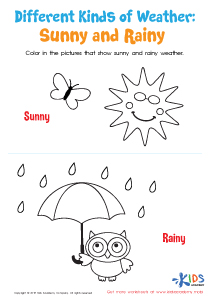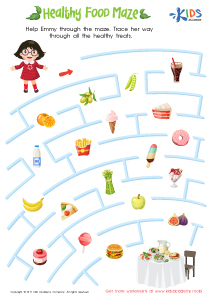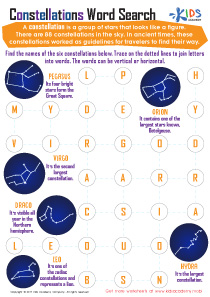Easy Problem Solving Worksheets for Ages 6-9
4 filtered results
-
From - To
Discover engaging and educational "Easy Problem Solving Worksheets for Ages 6-9" at Kids Academy! Our expertly designed worksheets make learning fun and easy, focusing on enhancing critical thinking and problem-solving skills for young minds. Each activity is tailored to captivate and challenge children within this age group while covering fundamental science concepts. With colorful illustrations and hands-on exercises, these printables are perfect for classroom or home use. Watch your kids develop confidence and sharpen their important cognitive abilities as they solve puzzles and tackle exciting science problems. Explore our collection today and boost your child’s intellectual growth effortlessly!
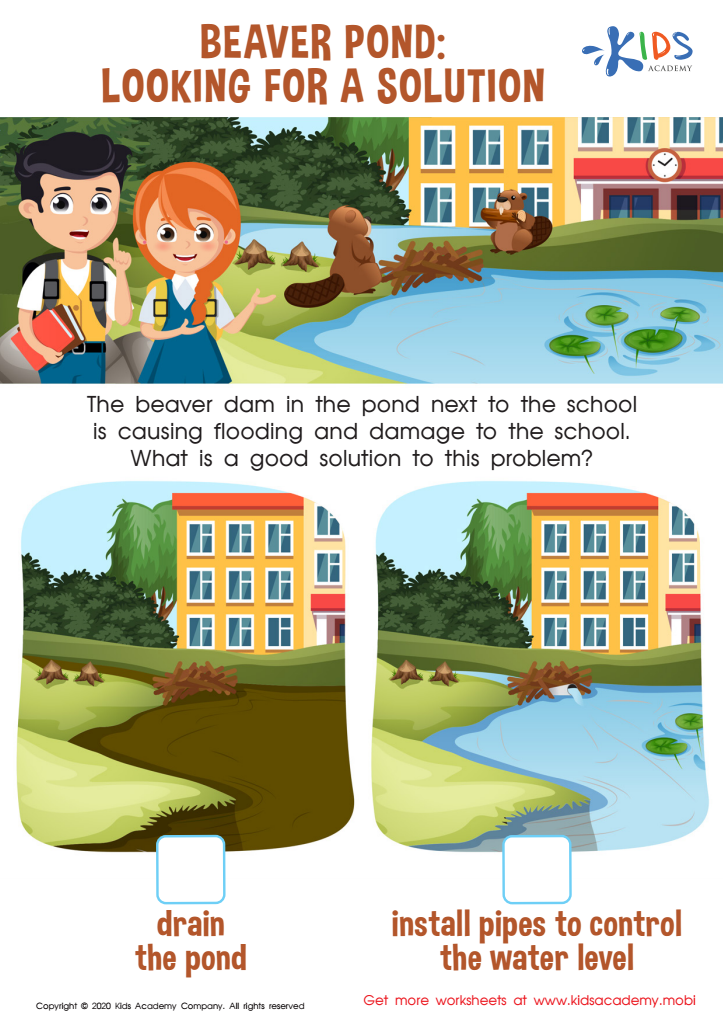

Beaver Pond: Looking for a Solution Worksheet
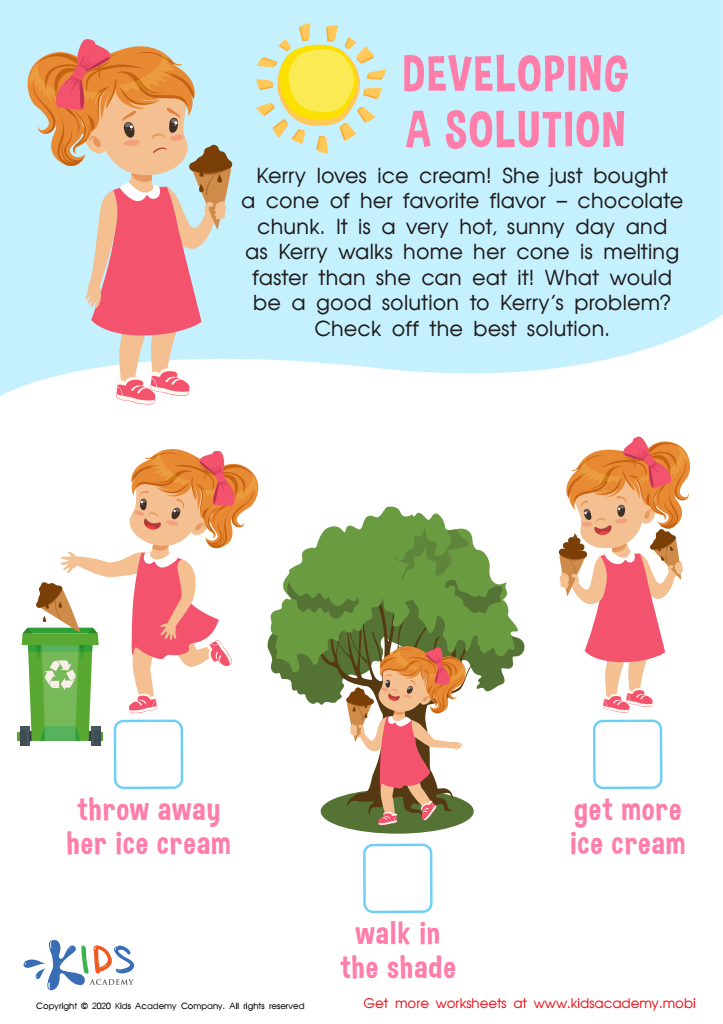

Developing Solution Worksheet
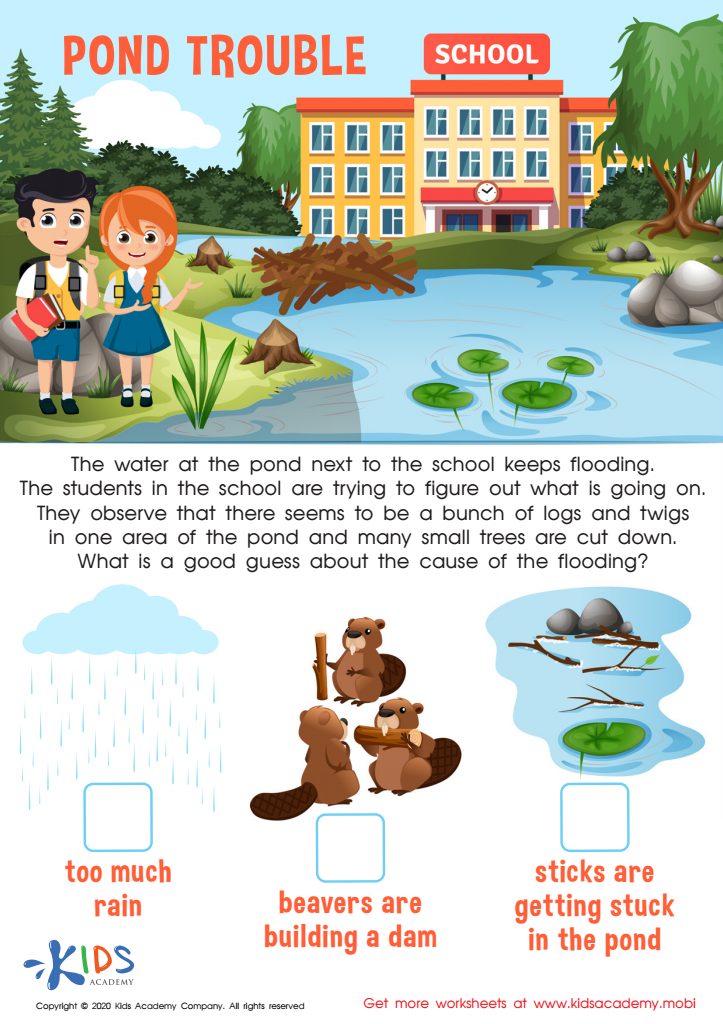

Pond Trouble Worksheet
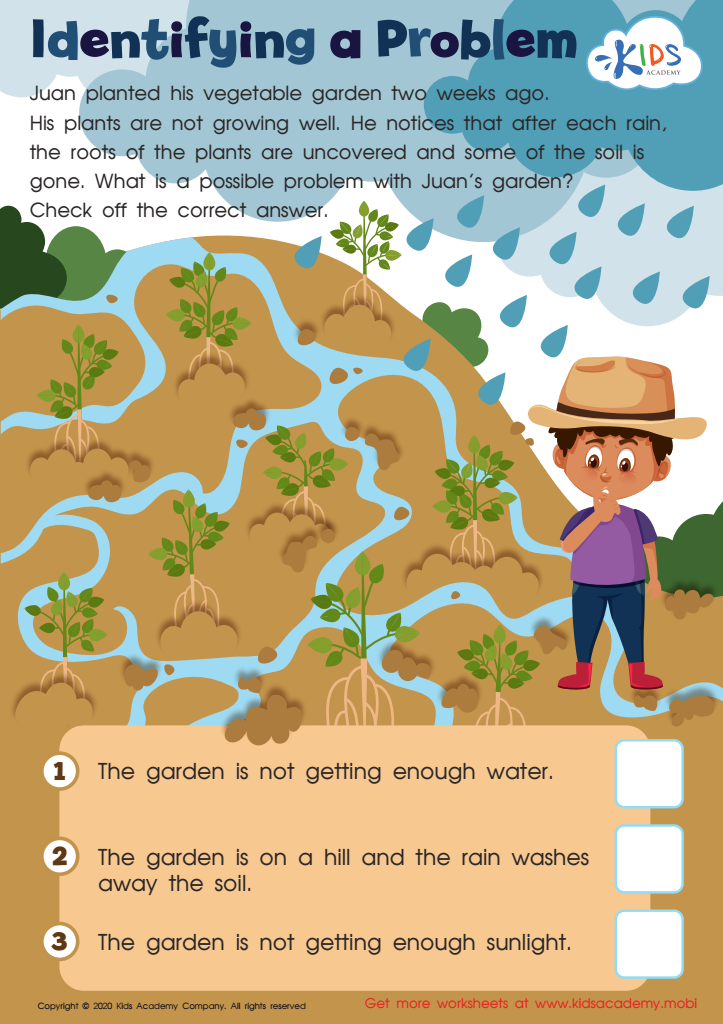

Identifying a Problem Worksheet
Parents and teachers should prioritize easy problem solving for children aged 6-9 because it lays the foundation for critical cognitive and social skills. At this developmental stage, children are exploring the world around them and learning to navigate challenges. Engaging in simple problem solving nurtures their ability to think critically and make decisions, essential skills that underpin academic success and daily life tasks.
Problem solving for young minds isn't just about arriving at the right answer. It's about the process of thinking through a challenge, considering different possibilities, and arriving at a reasoned conclusion. These activities enhance their creativity, perseverance, and ability to work through frustration—character traits beneficial throughout life.
Furthermore, easy problem solving can boost a child's confidence. As children successfully tackle challenges, they build self-belief and resilience. These experiences can also teach them the value of collaboration when working in groups, sharing ideas, listening to peers, and respecting differing viewpoints.
Incorporating problem-solving activities in early education encourages a positive attitude towards learning and equips children with vital life skills. Both parents and teachers play crucial roles in nurturing these abilities, ensuring children are well-prepared for future educational experiences and societal interactions.

 Assign to the classroom
Assign to the classroom






